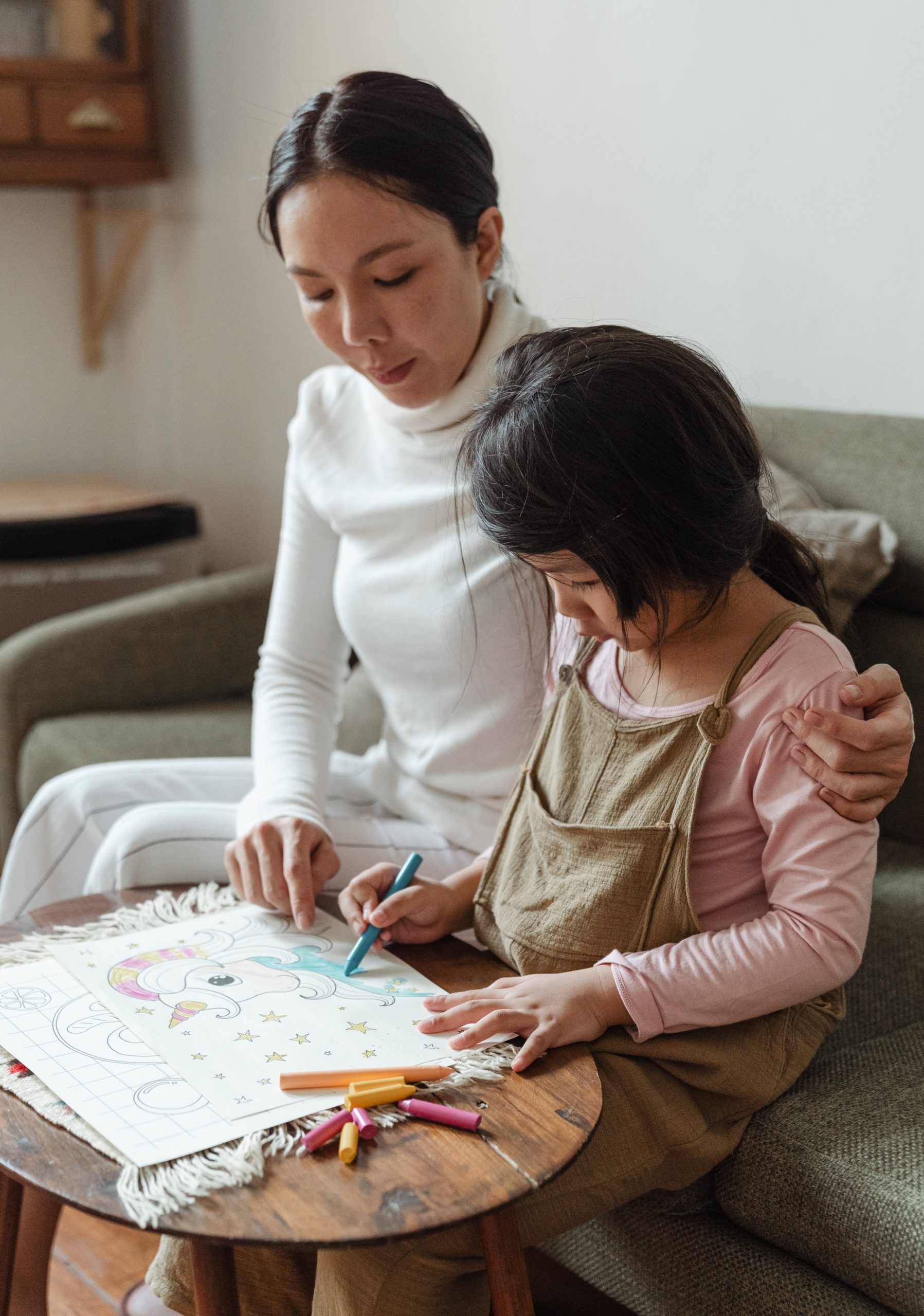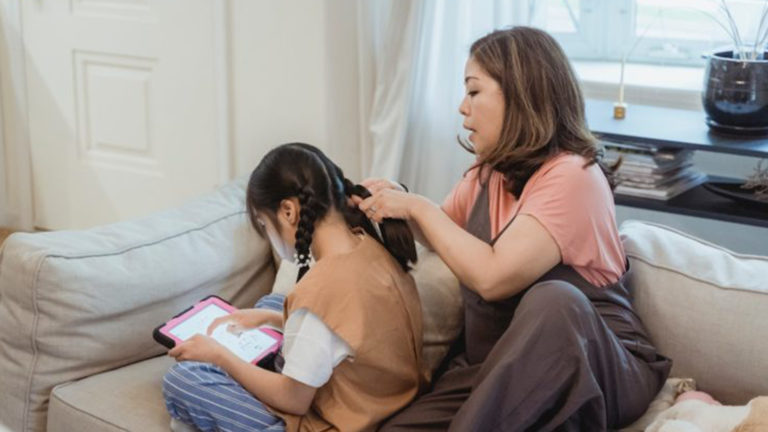Moms and Dads
Active Listening: The Most Important Skill in Gentle Parenting
What does it mean to “actively listen” to your child and why is it so important?
Active listening is a technique that those in the medical field use to help their patients process their feelings and emotions. But it can go beyond the clinical setting. The technique, however, requires the parent to sit down and talk, taking note of the words used. Although it’s not something that parents can master overnight, it’s a technique that even they can use when settling issues in the office or with friends and can help lessen fights at home.
Why is active listening important?
Active listening helps make sure we’re focused on what our kids’ problems are and lets them feel heard. Sure, it may test our patience especially when it feels a bit like beating around the bush and the problem doesn’t seem so big. But for them, it’s scary and big. There is a lot that kids often have difficulty processing and active listening allows the parent to facilitate their kids’ formulation of ways to solve the problem.
The hardest parts: paying attention and being patient.
Sometimes, we try to actively listen to our children but it also boils down to how we respond to them. Ian Hutchby from Brunel University cited in his study how the appropriateness of the response also depends on their “non-verbal cues” and their words because sometimes, they don’t match. Because children are still discovering ways to process their emotions, their attempts to do so may make their expressions incongruent or not a match to what they’re actually feeling.

Techniques used in Active Listening
Active listening uses different kinds of techniques so long as it helps the child understand the story and identify the problem. It’s not a one-size-fits-all; some children may prefer a more round-about approach while others prefer a more direct approach. Some techniques include mirroring and prompting.
- Mirroring – Mirroring or parroting is when we take three of the keywords in our children’s statement and rephrase it as a question. For example, when they say, “I feel sad.” Therapists discourage using the question “why” because it sounds interrogative. Rather, they prefer “what” questions. So, it would come out, “what do you think is making you sad?”
- Prompting – Prompting focuses more on the non-verbal portion of the conversation. It requires noticing their facial expressions and may also include body language to reinforce. Like, if your kids say, “I feel awful.”, usually a response can include: “what happened?”, or “yikes, what happened?” Unlike mirroring, it requires a more emotional delivery.
Gentle Parenting: Taking a More Active Than Reactive Role
It’s easy to differentiate active from passive parenting but, difficult to distinguish active from reactive. Active means being in full control of oneself but at the same time, seeing the kids’ problems objectively but with empathy. Whereas, reactive is a more emotional response that can stem from our frustration and irritation with our kids’ struggles to describe what they’re feeling. Active listening may be difficult at first but after some practice, the house and family life will be a little noisier but happier.
References:
Hutchby, I. (2005). ” Active Listening”: Formulations and the Elicitation of Feelings-Talk in Child Counselling. Research on language and social interaction, 38(3), 303-329.
Rogers, C. R., & Farson, R. E. (1957). Active listening. Chicago, IL.
Slavin, R. E. (2014). Making cooperative learning powerful. Educational Leadership, 72(2), 22-26.
Tillman, K. S., & Prazak, M. (2018). Kids supporting kids: A 10‐week small group curriculum for grief and loss in schools. Counselling and Psychotherapy Research, 18(4), 395-401.
More gentle parenting tricks:
3 Traits of a Calm Parent That Does Gentle Parenting
A Good Quality for Any Parent is Being Attuned to Their Inner Child
How to Deal with Unsolicited Advice and Comments as Parents





